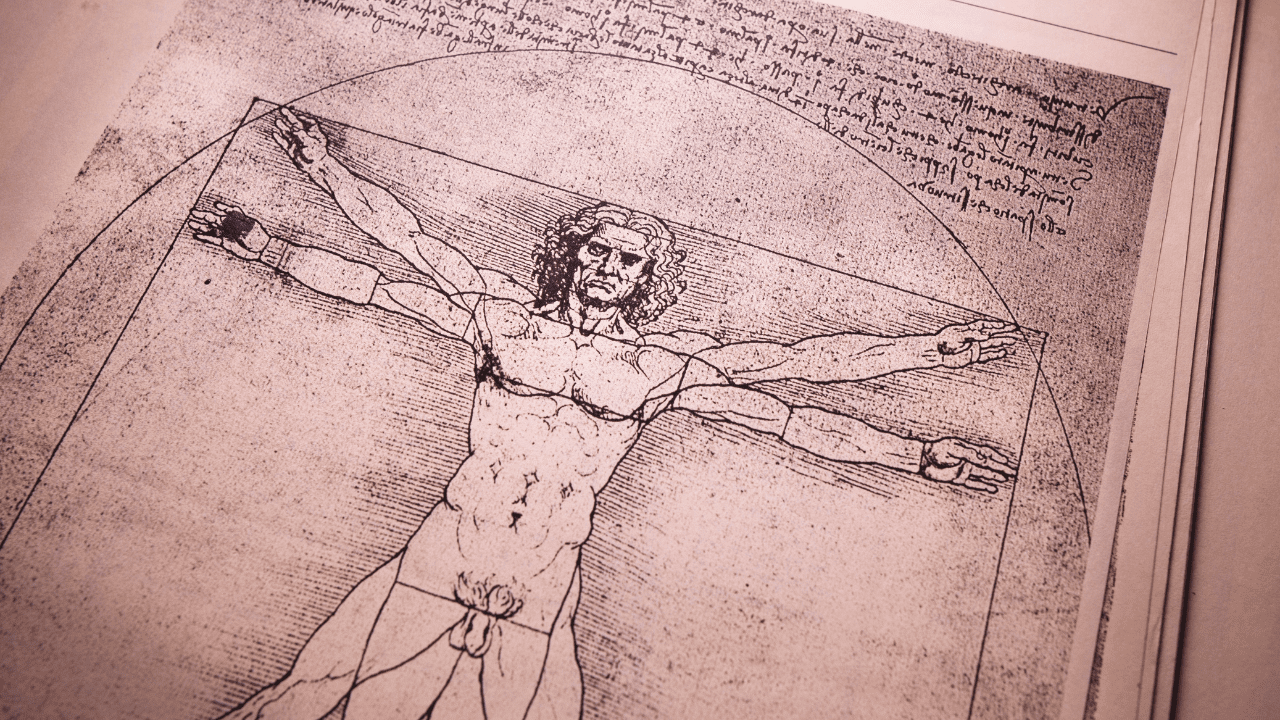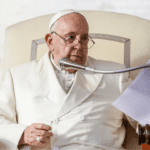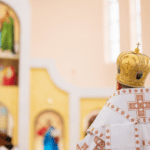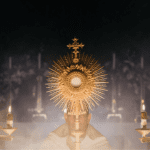Many people view the Catholic Church as anti-science because Catholicism demands faith in things that can’t be scientifically verified. And some Catholics have treated scientists with contempt — although that does make other Catholics uncomfortable.
Actually, the Church has long been an advocate for science, as the following cases show.
Many trailblazers in the sciences were Catholic.
You have Gregor Mendel, an Austrian monk who discovered the basic principles of heredity. Astronomer Nicolas Copernicus was a Catholic canon. Fr. Giuseppe Mercalli was a volcanologist who developed what’s known as the Mercalli intensity scale for measuring the effects of earthquakes. And Fr. Georges Lemaitre gave us the Big Bang Theory.
Far from seeing their faith as an impediment to their research, these scientists felt that they were uncovering God’s handiwork in the world around them. They expected that phenomena had rational explanations because our God is a God of purpose and order.
The Church calls on scientists when trying to verify miracles.
The Church no longer simply declares people saints. Rather, it goes through a vigorous process of studying the potential saint’s life and discovering if there have been any miracles associated with praying to them.
Even if someone claims he or she prayed to such-and-such a person and received a miracle, the Church doesn’t immediately accept this assertion. It studies the supposed miracle, sometimes calling on health professionals to determine if natural causes can explain the cure.
The Church is careful, knowing that though miracles do occur, God usually works in us through our normal, everyday experiences.
Then there’s the Pontifical Academy of Sciences.
Founded in 1603 and then reestablished by Pope Pius XI in 1936, the Pontifical Academy of Sciences claims its mission is to “Honour pure science wherever it may be found, ensure its freedom, and encourage research for the progress of science.”
It also functions as a forum for dialogue between the Church and scientists. Non-Catholics have been members, including theoretical physicist Stephen Hawking.
The Church has long provided patronage to sciences.
The Church treats science as it truly is: a helpful tool for making sense of the world God created. It doesn’t make it the be-all and end-all that some atheists do, for to elevate science to the ultimate explanation of everything is to turn it into a religion.







